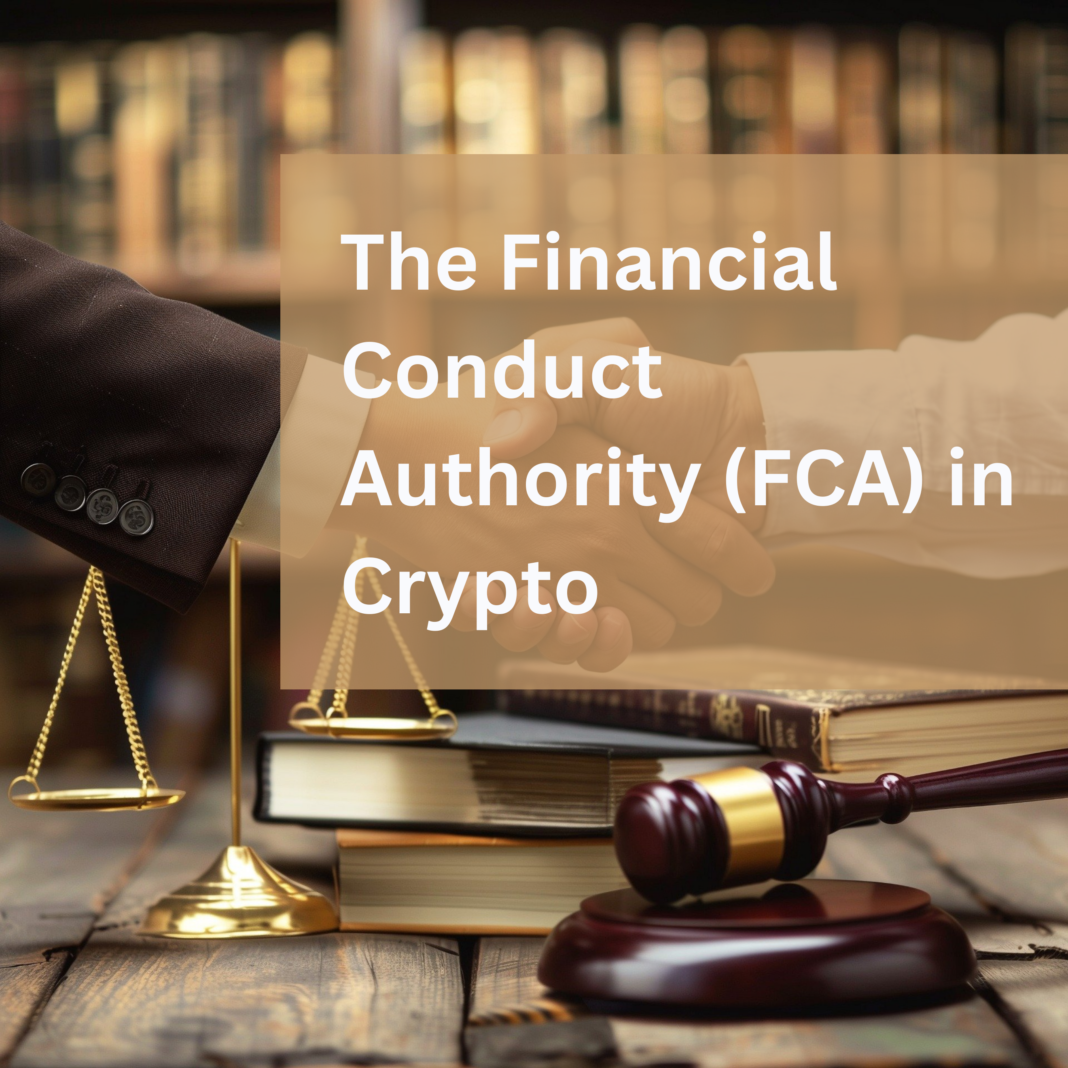Understanding FCA Regulations and Compliance in the UK’s Cryptocurrency Sector
Table of Contents
Introduction: Why FCA Regulation Matters in Crypto
The cryptocurrency market is booming, but with rapid growth comes significant risks. The Financial Conduct Authority (FCA)—the UK’s premier financial regulator—is crucial in protecting investors and ensuring market integrity. This guide will help crypto project owners, investors, and enthusiasts understand the FCA’s responsibilities, compliance requirements, and the steps necessary to operate a compliant crypto business in the UK.
What is the Financial Conduct Authority (FCA)?
The FCA is an independent financial regulatory body in the United Kingdom. Established in 2013, its primary role is to regulate financial markets, ensure consumer protection, and promote competition. In recent years, the FCA has extended its oversight to include the cryptocurrency sector, recognizing the need for greater transparency and security in this emerging market.
Why Does the FCA Regulate Crypto?
Cryptocurrencies offer exciting opportunities but pose risks, including fraud, money laundering, and market manipulation. FCA regulation aims to:
- Protect consumers from scams and misleading information.
- Ensure crypto firms implement strong anti-money laundering (AML) measures.
- Promote fair competition and maintain financial market stability.
Key Responsibilities of the FCA in the Crypto Sector

1. Licensing and Registration
All crypto businesses operating in the UK must register with the FCA under the Money Laundering Regulations (MLR). This includes exchanges, wallet providers, and other crypto-related services.
- Fact: As of 2023, only a fraction of applicants have successfully registered, highlighting the rigorous standards involved.
2. Consumer Protection
The FCA enforces strict rules to protect consumers from fraud and financial loss. Firms must provide transparent information about the risks of crypto investments.
- Stat: According to FCA research, 73% of UK adults are aware of cryptocurrencies, but many lack a full understanding of the associated risks.
3. Monitoring and Enforcement
The FCA supervises registered firms and conducts regular audits to ensure compliance. Non-compliant firms may face fines, sanctions, or bans.
- Case Study: In 2021, the FCA banned Binance Markets Limited from conducting regulated activities in the UK due to compliance failures.
4. Regulation of Financial Promotions
Crypto advertising is subject to strict rules. Promotions must be clear, fair, and not misleading. Misleading ads can result in penalties.
- Example: In early 2022, the FCA introduced tougher rules for crypto ads, ensuring that risks are clearly communicated.
5. AML and CTF Compliance
Crypto businesses must implement robust AML (Anti-Money Laundering) and CTF (Counter-Terrorist Financing) protocols. This includes conducting Know Your Customer (KYC) checks and monitoring transactions.
How to Ensure Your Crypto Business is FCA-Compliant
1. Understand Regulatory Requirements
Familiarize yourself with key UK laws, including:
- Money Laundering Regulations (MLR) 2017
- Financial Services and Markets Act (FSMA) 2000
- Proceeds of Crime Act (POCA)
2. Register Your Business
Submit an application to the FCA, including:
- Business plans
- AML policies and procedures
- Evidence of Robust Cybersecurity Measures
Read More: The Importance of Decentralization in Ensuring Blockchain Security
3. Implement Strong AML and CTF Controls
- Conduct thorough KYC checks to verify customer identities.
- Monitor transactions for suspicious activity and report any concerns to the authorities.
4. Create Transparent Financial Promotions
All marketing materials must:
- Clearly outline the risks associated with crypto investments.
- Avoid exaggerated or misleading claims.
5. Conduct Regular Audits and Training
- Perform internal audits to ensure compliance with FCA rules.
- Train staff on AML procedures and regulatory requirements.
Benefits of FCA Compliance for Crypto Businesses
- Increased Credibility: Registered firms are seen as more trustworthy by consumers and investors.
- Access to Broader Markets: Compliance opens doors to partnerships and collaborations.
- Legal Protection: Reduces the risk of fines and legal issues.
Key Takeaways for Project Owners and Investors
Understanding and complying with FCA regulations is not just about legal requirements—it’s about building a sustainable, trustworthy crypto business. By adhering to these standards, you can protect your users, enhance your reputation, and contribute to a safer crypto ecosystem.
Conclusion: Navigating FCA Regulations for Long-Term Success
The FCA’s role in crypto is vital for ensuring market integrity and protecting consumers. For businesses, compliance isn’t just a legal hurdle—it’s a competitive advantage. Stay informed and implement robust controls, and your crypto project can thrive in a regulated environment.















